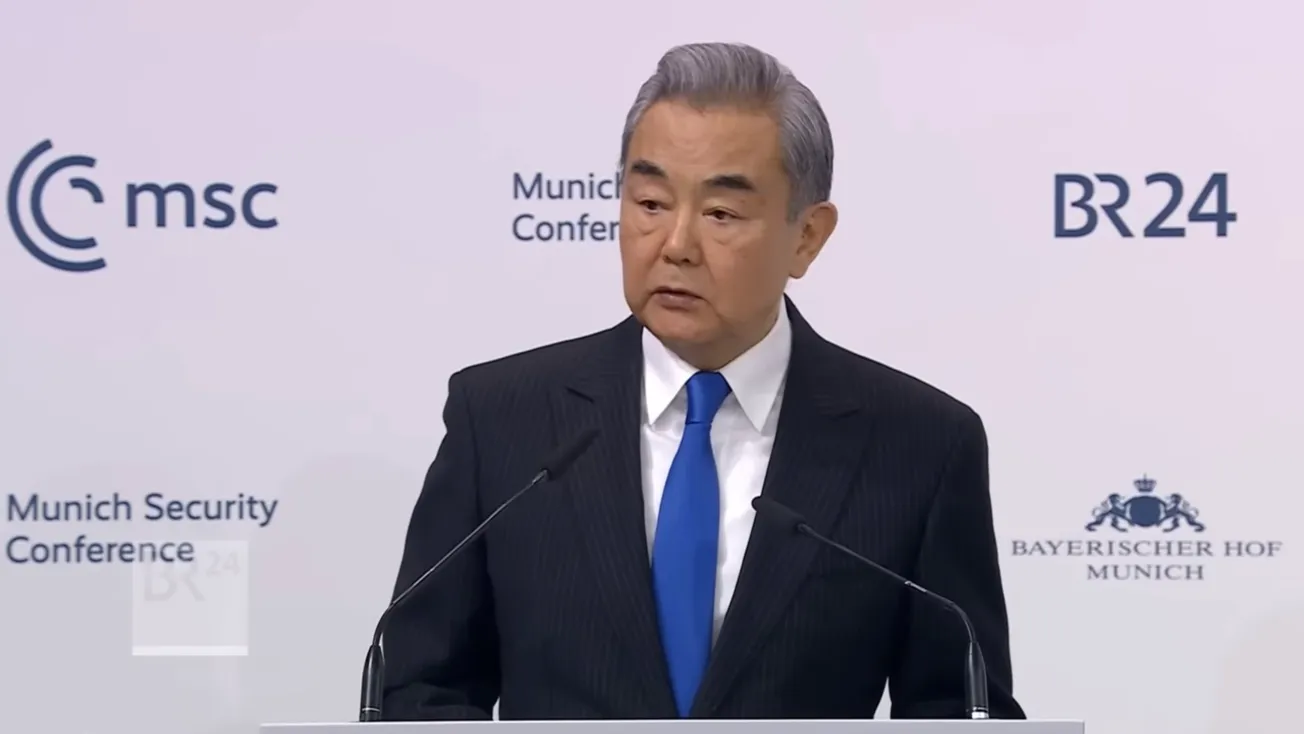Philippine President Ferdinand Marcos Jr. met with Japanese Prime Minister Fumio Kishida Feb. 9, at which they “agreed to sharply boost their defense ties, allowing Japanese troops greater access to Philippine territory, according to the AP report. The two held a press conference afterwards. This came just days after Marcos capitulated to the U.S. in a meeting in Manila with U.S. Defense Secretary Lloyd Austin, in which Marcoa agreed to allow the U.S. to set up four new Marine bases in the Philippines, and to hold joint naval deployments in the South China Sea—serious threats to China’s security as the U.S. is openly planning a war on China in the near-term.
EIR was told by Japanese senior commentator Daisuke Kotegawa that the new Japanese-Philippine military relations could not expand to include Japanese bases in the Philippines without changing the Japanese Constitution, but will be focused on natural disaster relief and training of Philippine troops in disaster relief measures. Similar cooperation is being established between Japan and Vietnam.
But the U.S. media emphasizes that these measures are intended to “keep China’s territorial ambitions in check,” as AP reports. It adds: “The two leaders ‘resolved’ to increase the defense capabilities of their own countries and strengthen overall security cooperation with reciprocal port calls and aircraft visits and the transfer of more defense equipment and technology, according to a joint statement released later on Feb. 9.” It said Japan will “transfer air surveillance radar systems to the Philippines and provide related personnel training.”
Kishida also “announced ¥600 billion ($4.6 billion) in economic assistance from the public and private sector for the Philippines through March 2024, primarily to improve infrastructure, such as construction of a commuter railway, and disaster response. The two sides also signed an agreement to work together in information and communication technology and to cooperate in energy security and industrial development.”



